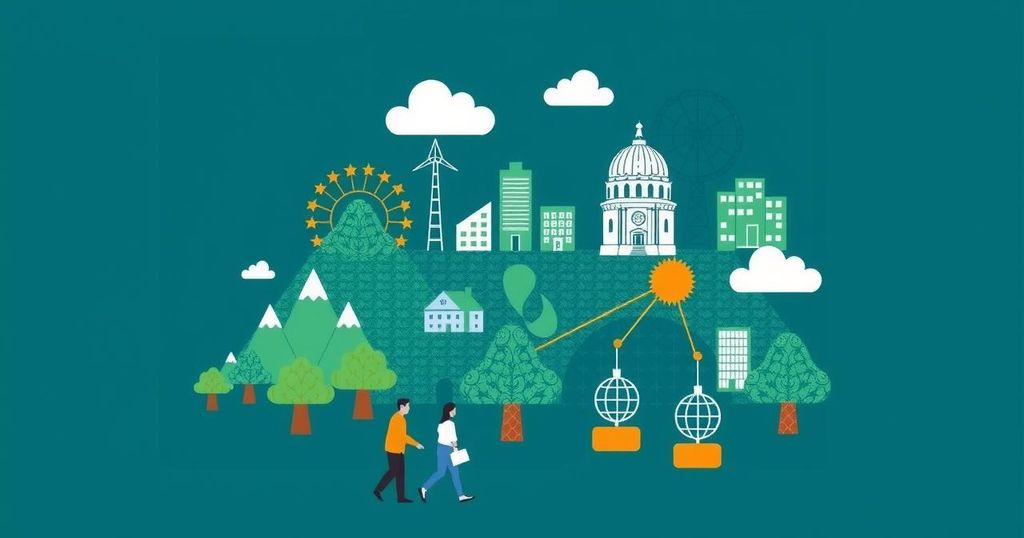COP29: Reflections on Inadequate Progress and Hope for Climate Action
COP29, held in Baku, Azerbaijan, concluded with a disappointing annual climate finance agreement of US$300 billion by 2035. The absence of stronger commitments, especially regarding the Make Polluters Pay principle, has left many advocates disheartened. However, civil society’s determination shines through, reflecting a continued push for effective climate action as preparations for COP30 unfold in Brazil next year.
The 29th United Nations Conference on Climate Change (COP29) concluded in Baku, Azerbaijan, following protracted negotiations with unsatisfactory outcomes. Originally described as a ‘finance COP’, the conference aimed to yield robust financing commitments to bolster the global response to climate change. However, delegates reached a concerning consensus on an annual public climate finance target of only US$300 billion by 2035, which many climate advocates view as insufficient. Notably, the final agreement overlooked the critical ‘Make Polluters Pay’ principle, which discouraged many stakeholders who are already experiencing the severe impacts of climate change.
Despite these setbacks, the resilience showcased by civil society throughout the conference was commendable. Activists employed innovative methods to convey their demands despite tight restrictions on peaceful protests. Their determination signals that advocacy for meaningful climate action will continue to intensify, shifting from dialogue to the necessity for tangible results. As COP30 approaches, scheduled in Belem, Brazil, expectations for substantial climate action remain high.
To achieve climate justice, it is imperative to ensure adequate funding reaches vulnerable communities for both mitigation and adaptation efforts. The cessation of fossil fuel production, protection of forests, and enforcement of accountability for polluters are crucial steps toward a sustainable future. Although COP29 may not have fully addressed these essential issues, the commitment to pursue climate justice and effective responses to the climate crisis continues unabated.
The topic of COP29 and its outcomes is pivotal in the ongoing discourse on climate change and sustainability. COP29 served as a platform for nations to negotiate financing mechanisms aimed at enhancing global efforts to mitigate the effects of climate change. As the 29th iteration of this significant event, it was particularly focused on financial commitments, which is a vital component of implementing climate action plans. Policymakers and activists alike were anticipating a stronger, more forthright declaration to support countries disproportionately affected by climate change, fostering equity in environmental stewardship and responsibility.
The results of COP29 reflect a missed opportunity for meaningful advancements in global climate finance and accountability. The agreed-upon target fails to meet the urgent needs of vulnerable communities facing climate catastrophes. While civil society’s commitment to advocate for climate justice remains steadfast, the call for immediate and decisive action is paramount as the world prepares for COP30. The path forward requires ambitious financing that encompasses not just loss and damage but also proactive adaptation and mitigation measures.
Original Source: www.greenpeace.org




Post Comment